Early in my senior year of high school, I was toying with the idea of applying to a competitive out-of-state university. I saw an Instagram post by Niche of a student studying English and education at Vanderbilt, and that set me on my journey to apply.
Discussion-based classes, no AXLE requirements and unique assignments are just a few of the reasons that myself and many others have found our place at Peabody College here at Vanderbilt.
One great thing about Peabody is that most students are able to double major, allowing them to explore a variety of subjects and fields. As an education major, I have access to classes in the College of Arts and Science, but without the rigid requirements of AXLE. Peabody focuses on bettering the lives of the individual by enhancing their community and organizations.
“One of the biggest reasons I chose Vanderbilt was because of the high quality education Peabody College offers,” first-year Margot Holley, an elementary education major, said. “I wanted to be a part of an education program that was unique and could provide me with lots of opportunities to become the best teacher I could be.”
Peabody students have extra flexibility in their class schedules and nontraditional opportunities to explore their interests, which has given rise to “Peabody shaming,” where students in the College of Arts and Science and the School of Engineering jokingly downplay the validity and difficulty level of Peabody majors and classes. Most Peabody students are able to avoid the infamous Gen Chem, for instance, and there seems to be a general lack of understanding as to what certain Peabody majors actually entail.
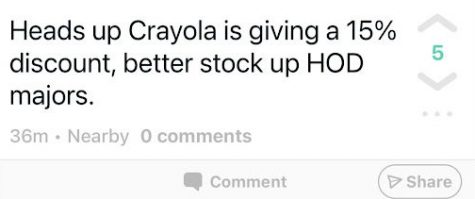
“I think so much of Peabody shaming is the idea that people switch into Peabody because there isn’t AXLE or they don’t like their major,” Sofie Farmer, a first-year student studying secondary education on the mathematics and physics licensure track, said. “Because so many people switch in, it gets the rep as being super easy.”
Peabody classes range from children’s books to measuring kindness to strategies for diverse classrooms. In comparison to complex chemistry and calculus terms, the balance does not appear too equal. However, that doesn’t mean that Peabody classes are easy by any means.
“I feel like people have this one idea of what Peabody is, and as an HOD [human and organizational development] major, I constantly hear, ‘You can’t complain about your coloring class.’ Sure, we often have these fun activities, but that’s not all the major is,” Ellie Dessart, a sophomore majoring in HOD and child studies, said. “[Peabody students] analyze case studies, listen to podcasts, read articles and write papers. We may not have large exams that make or break our grades, but that doesn’t devalue a Peabody education or make it any ‘easier.’”
While Peabody shaming is usually done in a joking, light-hearted manner, the message behind it extends past Vanderbilt’s campus. Many teachers have expressed how the pandemic has driven them to quitting their jobs because of lack of respect for the profession, added stress from the pandemic and severe underpayment.
“Unfortunately, I think that since everyone has been in K-12 school, people assume they know a lot about it, but teacher education requires far more than just content knowledge. I think this is a big part of why teachers are so undervalued,” first-year Samuel Lu, an elementary education major, said.
Overall, students acknowledged that Peabody shaming is usually done in a joking manner, but that doesn’t mean it can’t have harmful effects.
“[Peabody shaming makes me feel] as if my work isn’t as important as everyone else’s and that I should feel bad for supposedly not having as much work,” Holley said.





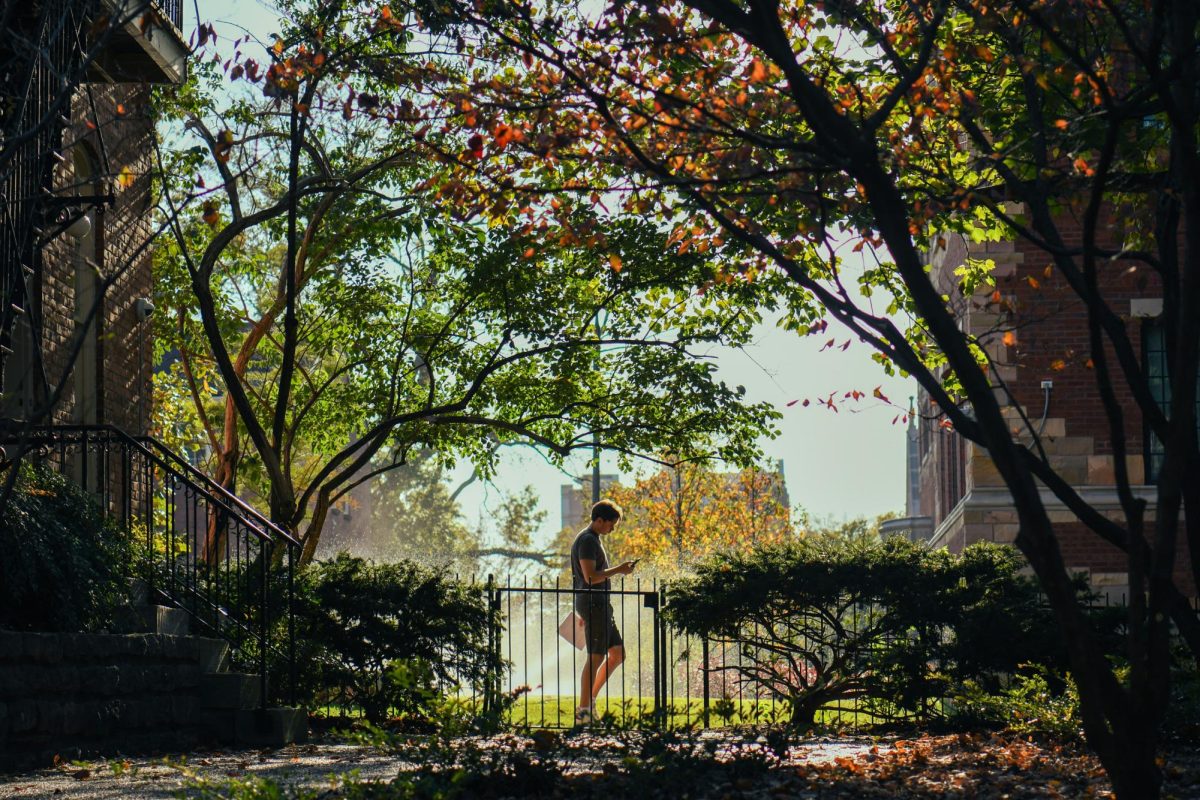
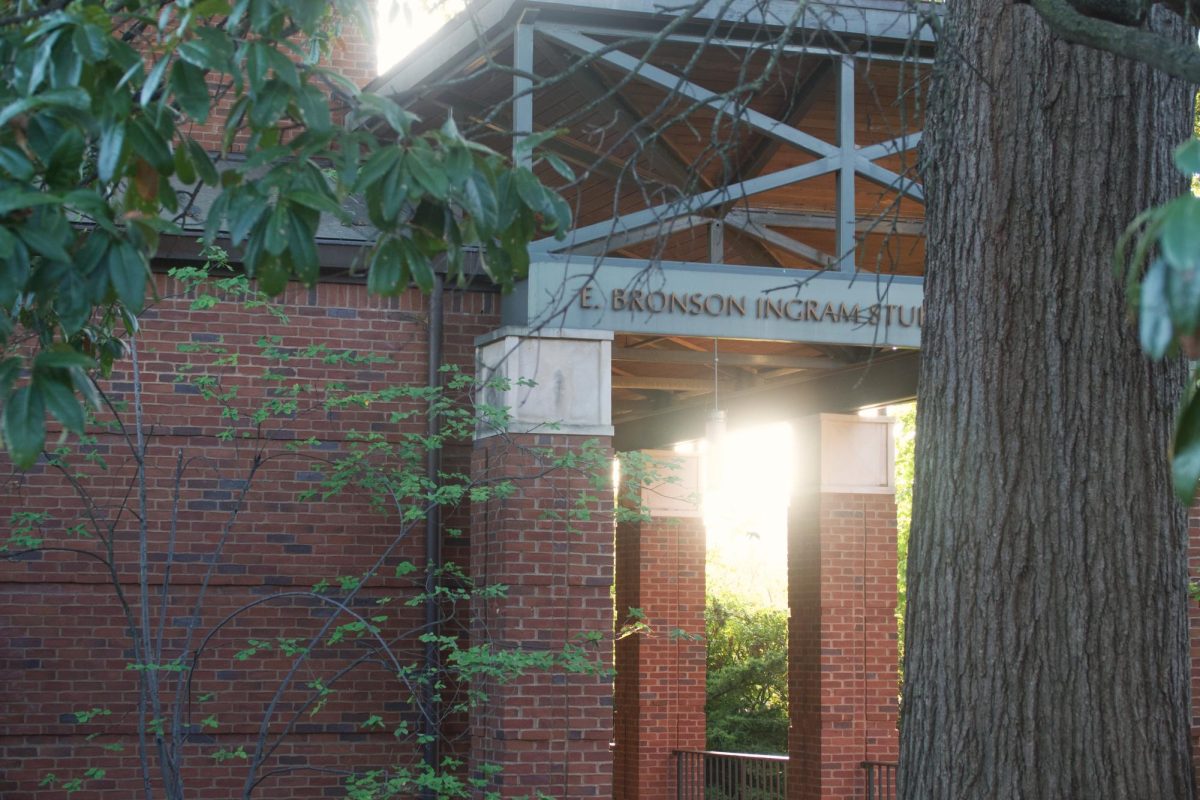

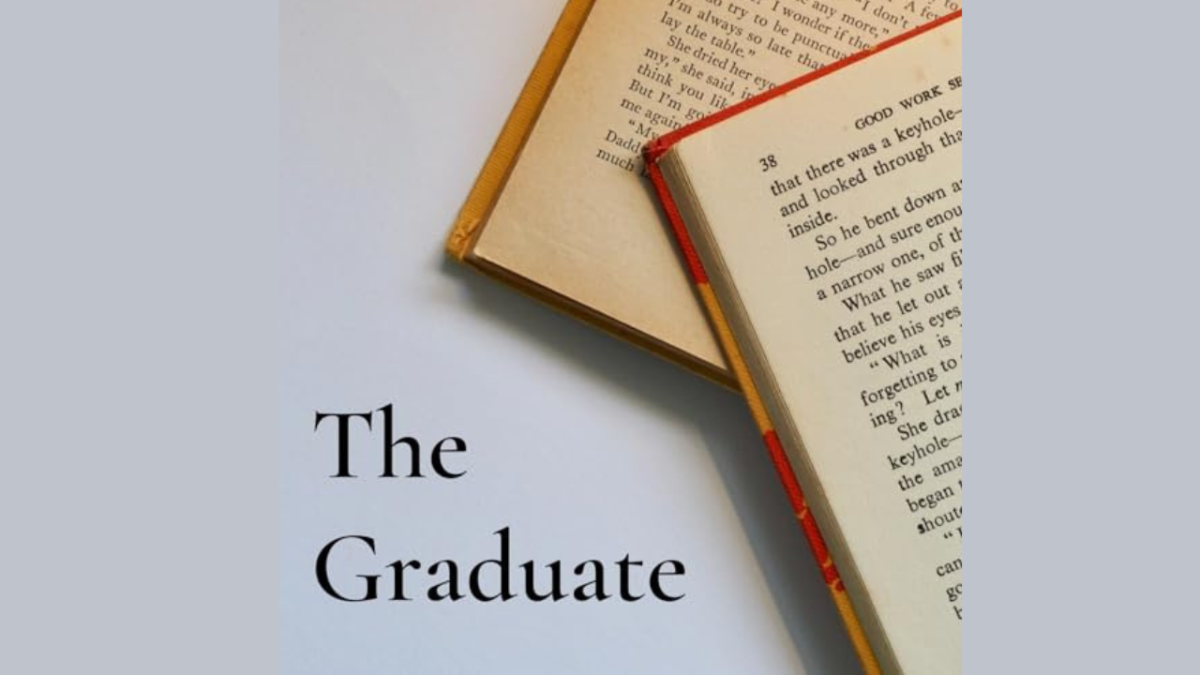

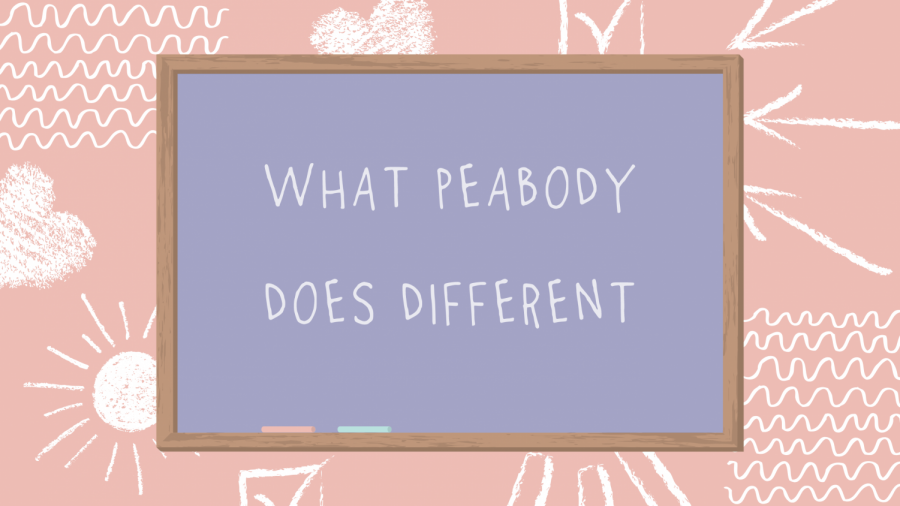

Senior A&S Student • Nov 30, 2021 at 5:44 pm CST
I feel like there’s a big distinction between HOD and non-HOD Peabody students, and people tend to make fun of the former much more than the latter. I do think it’s unfortunate that you sometimes hear students disparage education majors, as though the importance of good teachers isn’t something we almost all learned firsthand as kids ourselves.